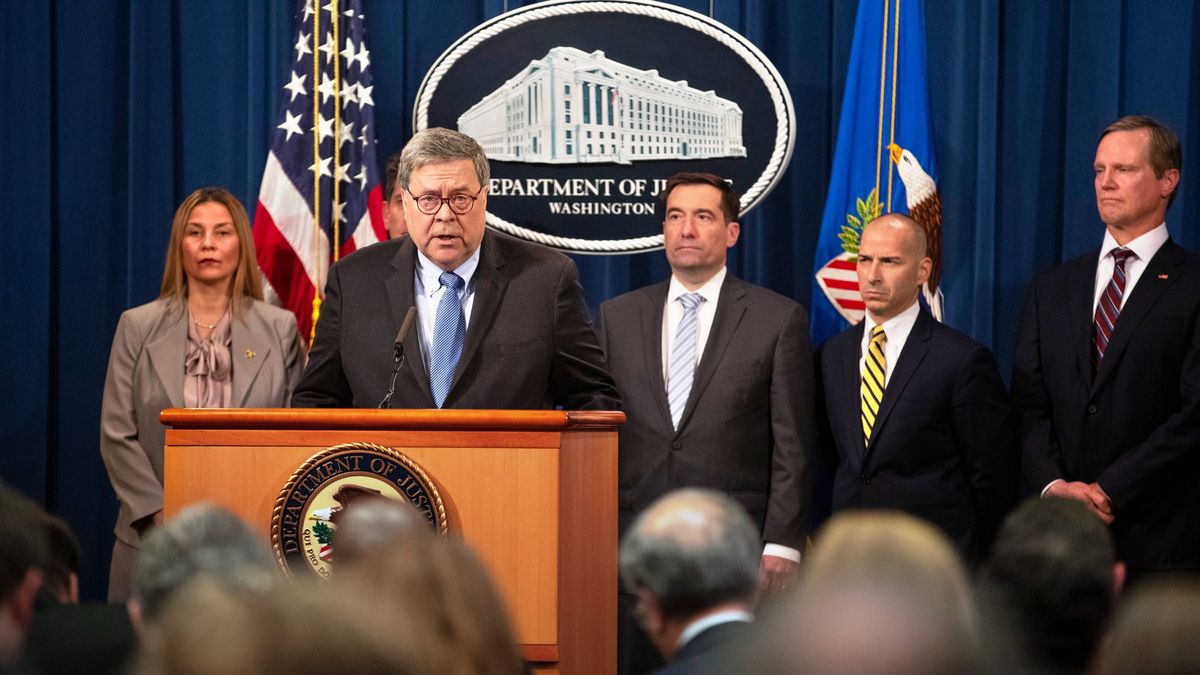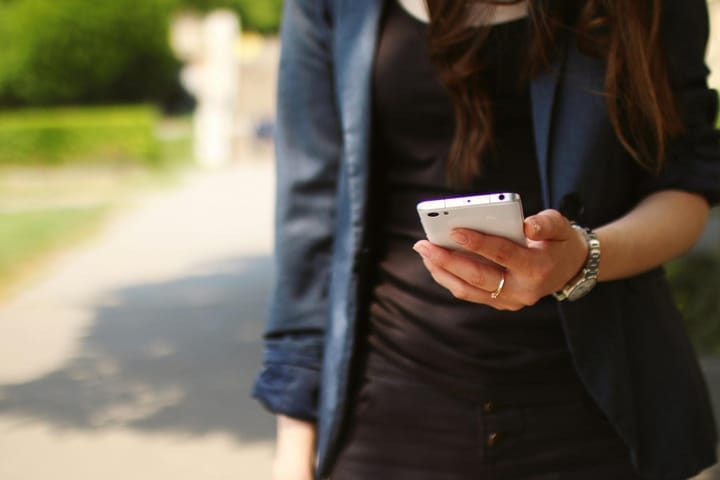US Attorney General Barr asks Apple to unlock iPhones of Pensacola shooter (PLUS Apple’s defense)

A few minutes every morning is all you need.
Stay up to date on the world's Headlines and Human Stories. It's fun, it's factual, it's fluff-free.
Following a deadly December shooting in Pensacola, Fla., United States Attorney General William Barr has pressed Apple Inc. to help unlock a pair of iPhones believed to belong to the gunman. In a press conference Monday, Barr stated the shooting, which resulted in four deaths, was determined to be a terrorist attack. The gunman was a Saudi national who was training with the US military.
The request by the US Department of Justice to have the phones unlocked is similar to a request the Federal Bureau of Investigation (FBI) made in 2016. At that time, the bureau was seeking to unlock the phone of a shooter who was involved with a 2015 San Bernardino attack that left 16 dead.
What happened in Pensacola
On Dec. 6, a gunman identified as Mohammed Saeed Alshamrani opened fire on the US naval base in Pensacola, Fla., according to NBC News. Alshamrani killed three US Navy sailors and injured eight others, including two Escambia County sheriff deputies. He was shot and killed by additional sheriff deputies on the scene.
Alshamrani, who was a second lieutenant in the Royal Saudi Air Force, was part of a Saudi-funded program to train with the US Air Force. The training involved aviation training as well as studies in English.
Motivation for the shooting
In the immediate aftermath of the shooting, questions turned to the shooter’s motivations. The shooting was initially investigated as a terrorist attack, but authorities were cautious about declaring that as the official motivation.
However, on Monday, Barr announced the motivation for the attack was “jihadist ideology,” which refers to militaristic actions based on extremist Islamic beliefs. No direct link to any specific terrorist group has been found for the attack, though.
A month-long investigation found that Alshamrani had posted messages on social media platforms that were deemed anti-American and anti-Israeli. The most recent messages were posted just two hours before the attacks. On September 11, 2019, he posted a message that simply said, “The countdown has begun.”
According to FBI Deputy Director David Bowdich, Alshamrani shot at pictures of US President Donald Trump and another president during the attack. Witnesses also said they heard the shooter making unfavorable statements about the actions of the US military in other countries.
[article_ad]
Unlocking Alshamrani’s phone
In order to further the investigation and understand more about Alshamrani’s radicalization, Barr has asked Apple to unlock two of the shooter’s phones. Barr also stated he believes that information on the phone could help protect against future attacks.
iPhones have a security feature that can result in all the data on the phone being erased after six or 10 incorrect attempts, depending on the model, to enter the passcode. For that reason, investigators cannot simply attempt to break into a phone through repeated attempts.
Apple has shared information from Alshamrani’s iCloud account, but the company has so far refused to provide a means of cracking the two phones. This is consistent with the stance the company took in 2016.
Apple’s defense of civil liberties
In December 2015, two Islamic terrorists entered a social-services center in San Bernardino, Calif. The couple, which was married, killed 14 people and wounded 21 others before being killed by police officers.
Following the shooting, an iPhone used by one of the shooters was recovered. The Department of Justice approached Apple Inc. about it opening the phone by creating a “backdoor” to bypass the passcode. The DOJ and FBI argued that they needed access to the phone to better investigate the shooting and provide justice for the victims.
The backdoor that the FBI recommended would have involved creating a new operating system that could be loaded onto the phone. This OS would not include a limit on incorrect passcode attempts. In that way, Apple wouldn’t be providing the code; it would simply be allowing the authorities the ability to crack the code without the possibility of data deletion.
Apple’s CEO, Tim Cook, refused to comply with the US government, even going to court to assert their right to refuse. Cook cited the need to protect civil liberties as his reason for his company’s refusal to cooperate. In an internal email, he said the “data security of hundreds of millions of law-abiding people” was at stake. The US government backed down and Apple was not required to create the backdoor.
The US expels 21 Saudis
During the press conference in which he discussed Alshamrani, Barr also announced that 21 Saudi military students were being expelled from the country, The Millennial Source reported. The students are being expelled for posting Jihadi or anti-American messages on social media, as well as for having contact with child pornography.
Have a tip or story? Get in touch with our reporters at tips@themilsource.com




Comments ()